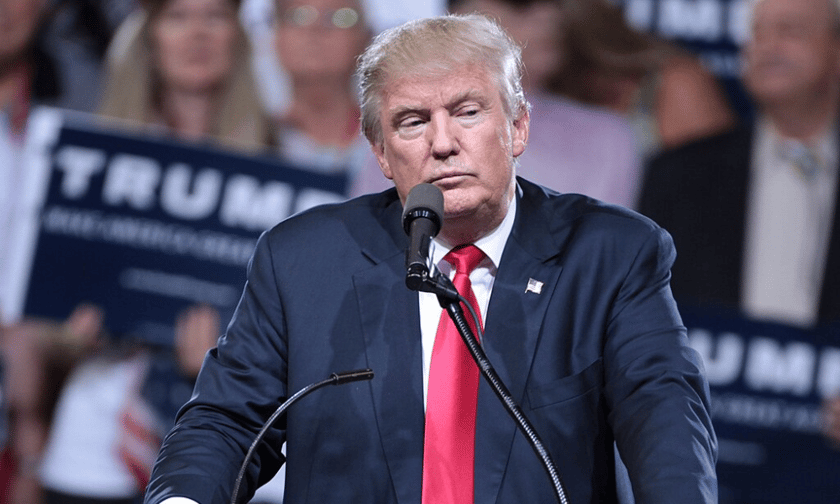

Photo: Gage Skidmore from Peoria, AZ, United States of America, CC BY-SA 2.0, via Wikimedia Commons
US President Donald Trump has upped the ante on his plans for tariffs.
On April 2, Trump unveiled a new round of trade fees — dubbed the "Liberation Day" tariffs — on all countries globally, causing markets around the world to fall, while recessionary fears simultaneously rose.
For Australia, the tariffs mean an additional 10% levy is tacked onto all exports from Down Under.
Prime Minister Anthony Albanese said the move "does not come as a surprise."
"But let me be clear: they are totally unwarranted," Albanese told reporters during a press conference Thursday in Australia. "President Trump referred to reciprocal tariffs. A reciprocal tariff would be zero, not 10%. The tariffs have no basis in logic and they go against the two nations’ partnership. This is not the act of a friend. Today's decision will add to the uncertainty in the global economy."
The prime minister added that Australia will not impose reciprocal tariffs. "It is the American people who will pay the biggest price for these unjustified tariffs," he said.
But Issac Gross, a lecturer of economics at Melbourne-based Monash Business School, added that the tariffs might have a silver lining — if inflationary pressures trigger the Reserve Bank of Australia (RBA) to cut the official cash rate (OCR) during its May monetary policy meeting.
"The tariffs are going to have a deflationary impact [on Australia's economy]," Gross told Australian Broker. "First, some people are going to lose contracts and lose jobs because of this, and that reduces incomes and pushes down inflation. And second, a lot of the tariffs might have a diversionary effect. If China can't sell in the US market, they'll focus on the Australian market. And that'll mean cheaper goods for us from every country that's been hit, and that means every country in the world. So I suspect inflation is going to be on a lower trajectory now, and that will give the RBA more scope to cut interest rates.
"Obviously, it's not a good thing to have a tariff slapped on your exports," he said. "That being said, Australia, compared to almost every other country, I think is going to get off relatively lightly. A direct 10% is bad, but not devastating."
The RBA held the OCR at 4.10% earlier this month, much to the dismay of mortgage holders and investors alike, many of whom were hoping for some added rate relief. Meanwhile, all four of Australia's Big Four banks are anticipating further rate reductions in 2025.
Gross predicted that it's "quite likely" that the central bank will cut rates at its May 19 to May 20 meeting, but added that it also largely depends on April's consumer price index (CPI) reading. He also added that while a recession Down Under is not likely anytime soon, recessions in other parts of the world will no doubt have an impact on Australia.
"Tariffs that push the US, and maybe even Europe, into recession could be quite bad for Australia. So it's a serious risk," he said. "I think it will probably lead the RBA to cut interest rates at their next meeting in anticipation of this potential downside. The biggest impact of the tariffs is any potential recession in China. The Chinese tariffs are far higher. And if China slips into recession, then that will have a very significant impact on the Australian economy.
"The effect on the property market will largely be felt by the interest rates," Gross said. "You might get some corners of the Australian market that — [for example], if you're particularly invested in the mining sector, parts of WA in Queensland — you might see a bit of softness, if China sits into recession. But by and large, I think falling interest rates will keep the property market relatively buoyant."
